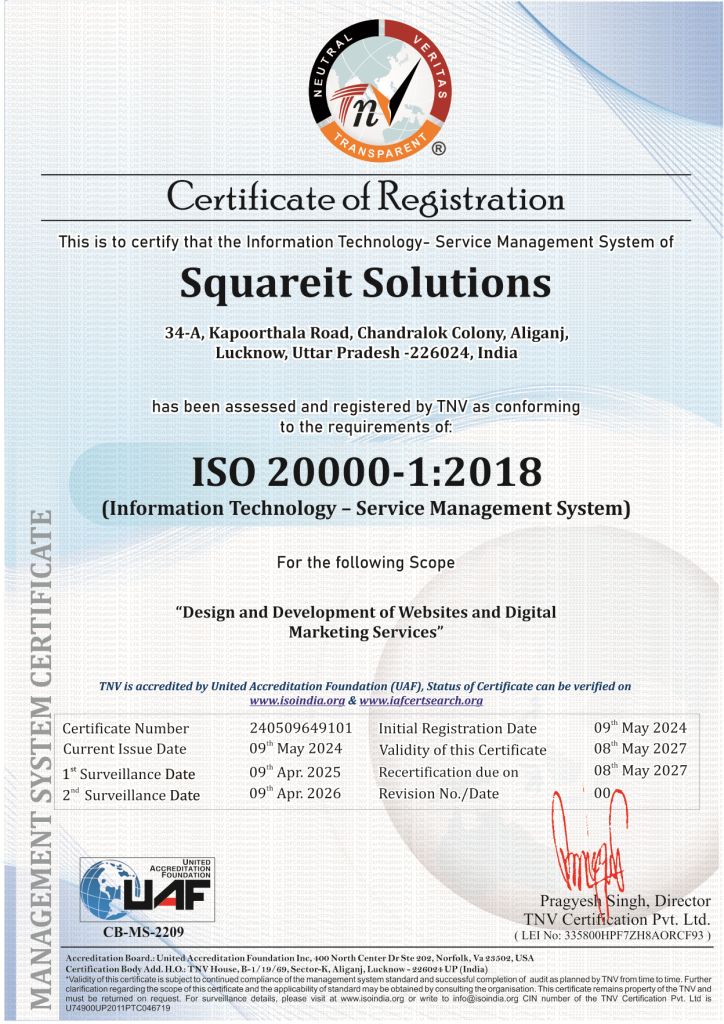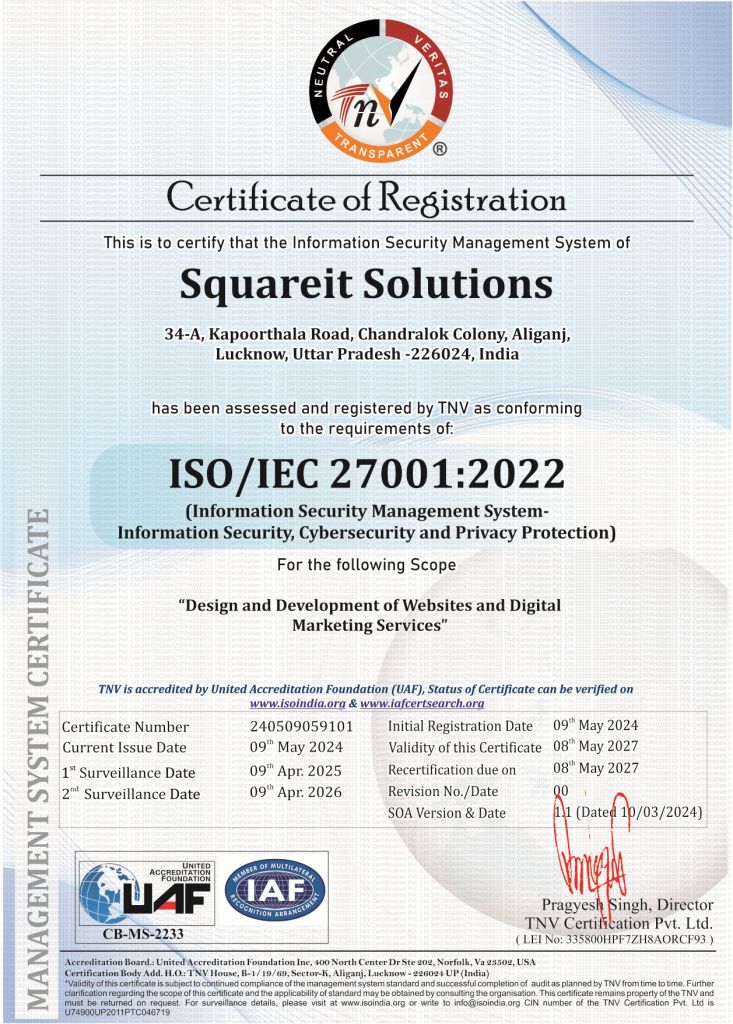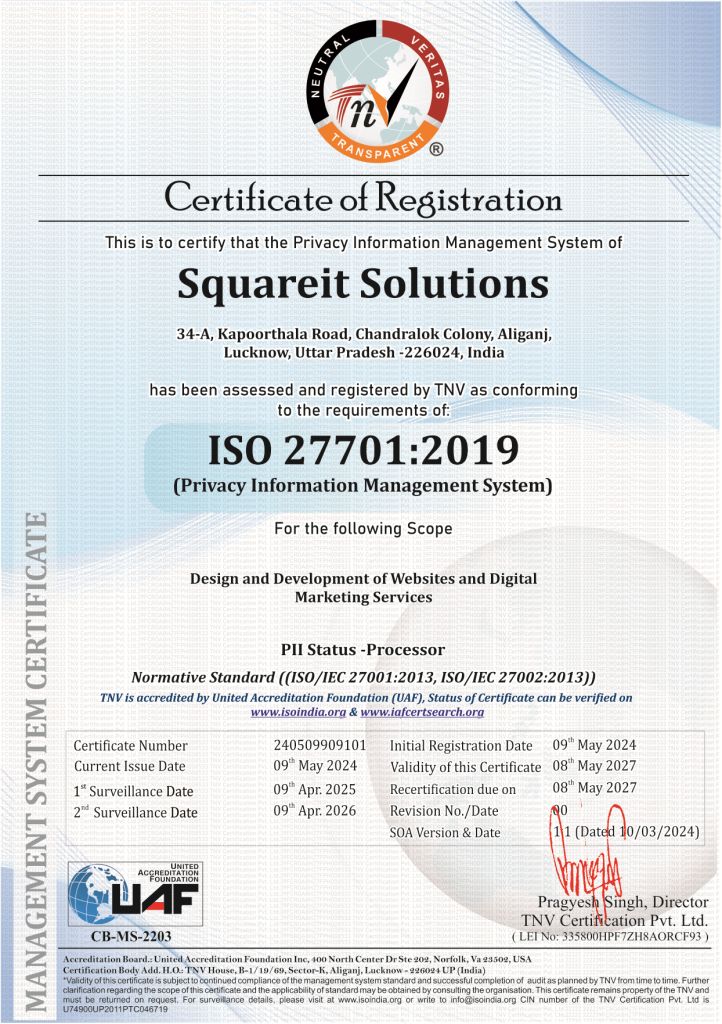The core strategies and best practices required for a flourishing content marketing campaign within the B2B sphere. Comprehensive research and meticulous audience segmentation serve as the bedrock of successful B2B content marketing.
In the realm of B2B marketing, content strategies have emerged as a pivotal component in captivating and drawing business customers. Content marketing has transformed into a potent instrument for nurturing relationships, forging thought leadership, and bolstering conversions. Nevertheless, crafting captivating and gripping content that specifically caters to B2B audiences presents its fair share of challenges. This blog post aims to delve into the core strategies and best practices required for a flourishing content marketing campaign within the B2B sphere. The focus will primarily revolve around engaging business customers and generating tangible outcomes. In the ever-evolving landscape of B2B marketing, content serves as the linchpin for effectively connecting with target audiences. By adopting the right strategies, businesses can establish themselves as trusted authorities, attract potential clients, and foster brand loyalty.
Unlike B2C marketing, B2B endeavors involve catering to decision-makers and influencers within other organizations. Understanding their motivations, priorities, and pain points is paramount to creating content that resonates and adds value.
Comprehensive research and meticulous audience segmentation serve as the bedrock of successful B2B content marketing. By gaining insights into the specific needs, challenges, and goals of the target audience, businesses can tailor their content to meet these requirements effectively.
Understanding the B2B Landscape
Before you start learning about content marketing strategies, it's important to understand what makes the B2B landscape different. Unlike marketing to everyday consumers (B2C), B2B marketing involves reaching out to decision-makers and influential people within other businesses. These individuals have different motivations, like wanting a good return on investment (ROI), increased efficiency, and higher productivity. By understanding these unique aspects, marketers can create content that meets the specific needs and challenges of B2B customers. This helps provide valuable solutions that align with their business goals.
Research and Audience Segmentation
Thorough research and audience segmentation are essential in B2B content marketing. It involves understanding the specific needs, challenges, and goals of your target audience to create valuable content. Conduct market research, gather customer feedback through surveys, and analyze data to gain insights into their preferences. This helps you create content that resonates and provides value. By knowing your audience well, you can tailor your content to address their pain points effectively. Remember, using simple methods like surveys and data analysis can give you valuable information to create engaging content for your B2B audience.
Building Thought Leadership
Establishing thought leadership is an effective content marketing strategy in the B2B space. By providing valuable industry insights, expert opinions, and actionable advice, businesses can position themselves as trusted authorities. This can be achieved through blog posts, whitepapers, case studies, and webinars. Collaborating with industry influencers and experts can further enhance credibility and reach.
Educational and Informative Content
B2B customers are often seeking in-depth knowledge and educational resources to make informed decisions. Create content that educates and addresses your audience's pain points, challenges, and industry trends. This can include how-to guides, tutorials, research reports, and industry benchmarks. Ensure that your content is well-researched, factually accurate, and backed by credible sources.
Personalization and Customization
Personalizing content for individual businesses or industry sectors can significantly impact engagement and conversion rates. Tailor your content to address specific pain points and challenges faced by your target customers. Leverage data and customer insights to deliver personalized experiences through targeted emails, dynamic website content, and account-based marketing campaigns.
Leveraging Multiple Content Formats
Diversify your content formats to cater to different preferences and learning styles. While written content is essential, incorporate visual elements such as infographics, videos, and interactive content. This allows you to communicate complex information more effectively, capture attention, and engage your B2B audience.
Leveraging Social Media and Influencer Marketing
Social media platforms provide an excellent opportunity to connect and engage with business customers. Leverage platforms like LinkedIn, Twitter, and industry-specific forums to share your content, participate in discussions, and build relationships. Collaborating with industry influencers can amplify your reach and credibility.
Measuring and Analyzing Content Performance
Track and measure the performance of your content to understand what resonates with your B2B audience. Utilize analytics tools to measure engagement metrics such as views, shares, and conversions. This data will help refine your content strategy and focus on producing high-performing content.
Conclusion
Successful B2B content marketing necessitates a comprehensive comprehension of the target audience, meticulous planning, and ongoing optimization. By implementing the strategies mentioned in this blog, businesses can effectively captivate business customers, establish themselves as thought leaders, and generate conversions. It is crucial to consistently deliver valuable and pertinent content that caters to the specific needs of your B2B audience. This approach builds trust, fosters long-term relationships, and positions your brand as a valuable industry resource. By conducting thorough research, segmenting your audience, and personalizing your content, you can provide tailored solutions to address their pain points.
Additionally, focusing on educational and informative content, leveraging various formats, and utilizing social media platforms and influencer marketing will enhance engagement and expand your reach. Furthermore, continuously measuring and analyzing content performance allows for data-driven decision-making and the refinement of your content strategy. In summary, a well-executed B2B content marketing strategy will lead to success by effectively engaging business customers and establishing your brand as a trusted industry authority.
FAQs
Q1. What of B2B marketers use content marketing?
Ans. Approximately 91% of B2B marketers utilize content marketing in their strategies.
Q2. What makes B2B content successful?
Ans. Relevance, value, and personalization are key factors that make B2B content successful.
Q3. What are content marketing strategies?
Ans. Content marketing strategies are plans and approaches used to create, distribute, and promote valuable and relevant content to attract and engage a target audience.
Q4. How do you attract new customers in B2B?
Ans. In B2B, attracting new customers involves understanding their needs, providing tailored solutions, showcasing expertise, and building relationships through targeted marketing and networking efforts.
Q5. What is the content marketing strategy for B2B?
Ans. A B2B content marketing strategy involves creating and delivering valuable, targeted content to engage and convert business customers, establishing thought leadership, and driving business growth.







